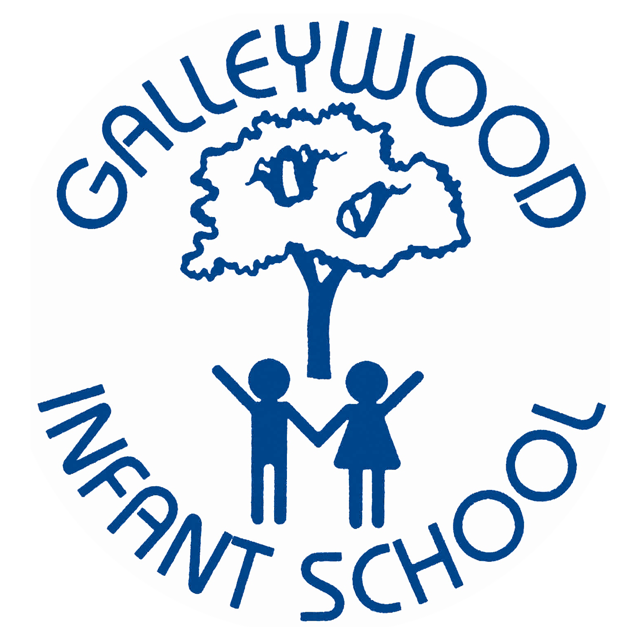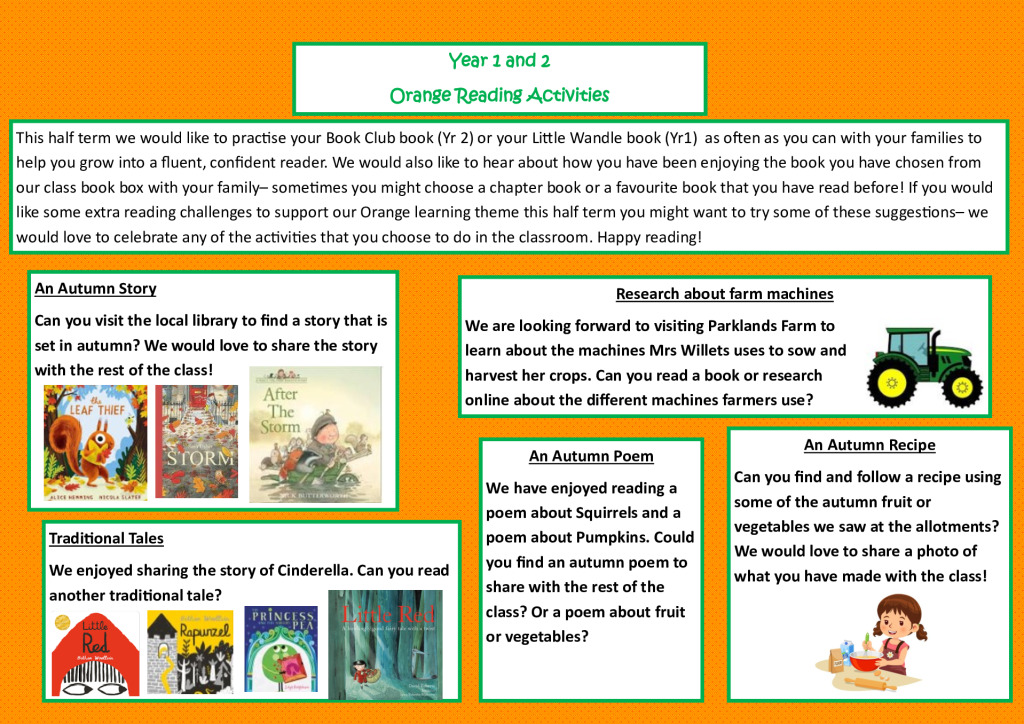Intent:
At Galleywood Infant School we aim to ensure that all children develop the use and understanding of Standard English to their full potential in speaking, listening, reading and writing. We believe that children should be taught these skills discretely, but should also have the opportunity to apply these skills across the wider curriculum.
Phonics
At our school phonics is taught daily in EYFS and Year 1, following the synthetic phonics programme ‘Little Wandle’. As part of the Little Wandle programme, children apply their phonic knowledge to read phonically matched texts with a focus on developing fluency.
Follow the link below to access further information and support about the Little Wandle approach to teaching phonics:
Reading
Intent:
At Galleywood Infant School we believe that learning to read is the single most important transferable skill that we can give our children during their time with us. We are passionate about ensuring our children develop a love of books so that they become lifelong readers and learners. We know that being able to read for enjoyment and purpose is key to a child’s success in education and in their future so we have ensured that reading is at the heart of our curriculum. Through carefully chosen high quality texts we aim to develop children’s vocabulary, inference and deduction skills, as well as skills for reading aloud with fluency and expression.
Implementation:
Reading skills are carefully planned through discrete daily teaching. We use the Take One Book text-based teaching sequences from Just Imagine to teach our children the skills of prediction, inference, deduction and prosody when reading aloud. Through this approach children become immersed in high quality texts as a class, with all children accessing the same book. Teachers model reading strategies by ‘thinking aloud’ and encourage children to question and debate in response to what they have read. Carefully chosen texts are also used across all areas of the curriculum to encourage children to conduct their own research in subjects such as history, geography and science, fostering a love of other curriculum areas. Our reading spine is planned to ensure that children experience a wide range of fiction, non-fiction and poetry during their three years at Galleywood Infant School. Reading for pleasure opportunities are available through our recently renovated library which children visit throughout the week, engaging book corners within the classroom and daily story times.
Writing
Intent:
Our writing curriculum aims to develop confident, creative and engaging writers who are able to write for a range of purposes and audiences. We believe that in order to inspire young children to write they need exciting stimuli such as rich texts, first hand experiences and real-life contexts to respond to. We know that opportunities to discuss ideas, plan together and orally rehearse sentences are vital for children to successfully plan a piece of writing. We want children to develop fluency in writing so our curriculum is designed to ensure that children develop skills and knowledge of grammar, punctuation and handwriting so that they can successfully write in discrete writing lessons but also across other curriculum subjects.
Implementation:
Quality texts act as an initial stimulus for hooking children into the writing process. These texts also ensure that children are exposed to ambitious vocabulary, sentence structures and grammatical features which they can apply to their own writing. Artefacts, visits, visitors, fictional events and drama techniques such as hot-seating are regularly used to first stimulate rich talk, then provide a purpose and real audience for children’s writing. Teachers model the writing process daily in English lessons, collecting ideas from the children so that a collaborative piece of writing is created before the children apply their own ideas to write independently. Writing skills are carefully planned in termly units, ensuring skills are built on sequentially. Genres and skills are revisited across the year, allowing children to develop their confidence and fluency in writing. Writing is celebrated throughout the school and is displayed in classrooms and communal areas to ensure children feel proud of their progress and remain ambitious for what they can achieve next.

